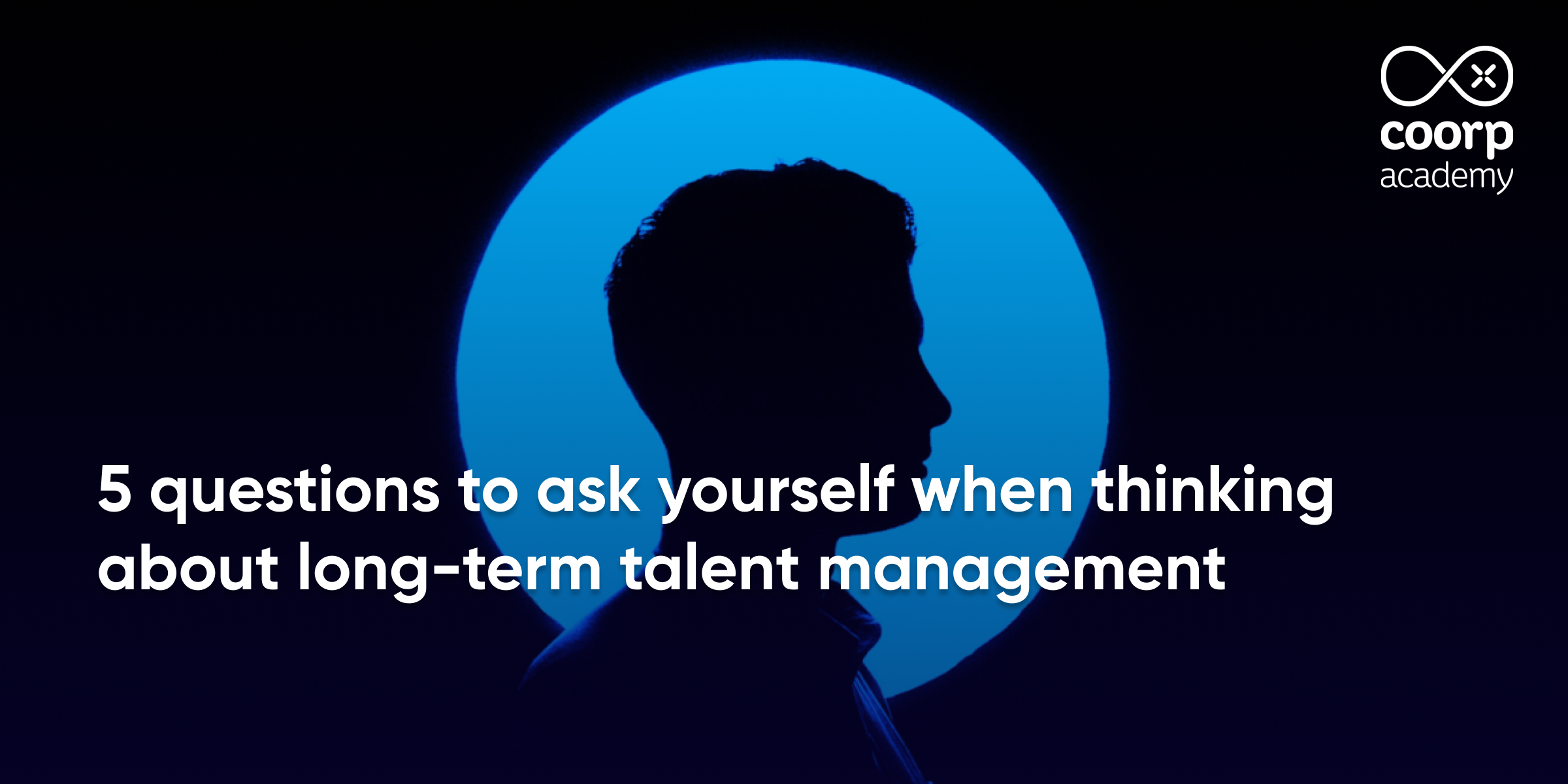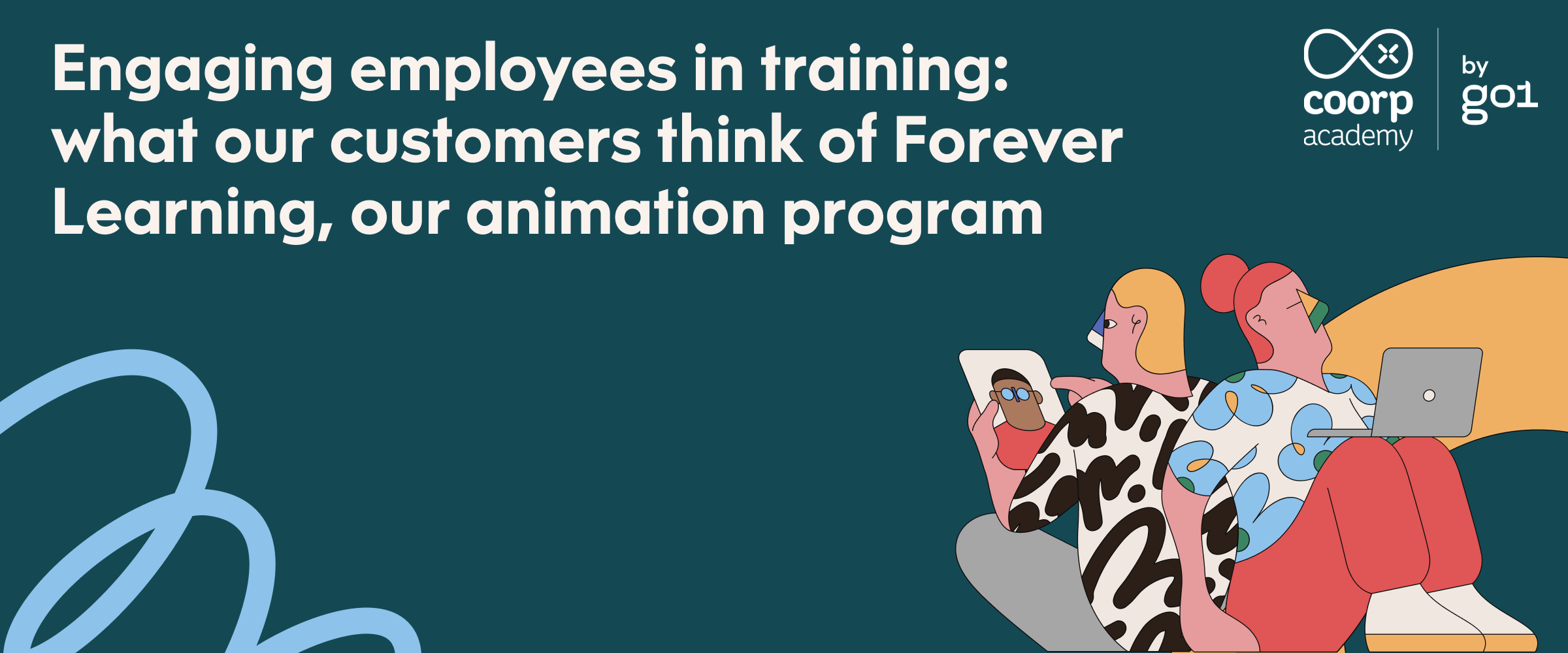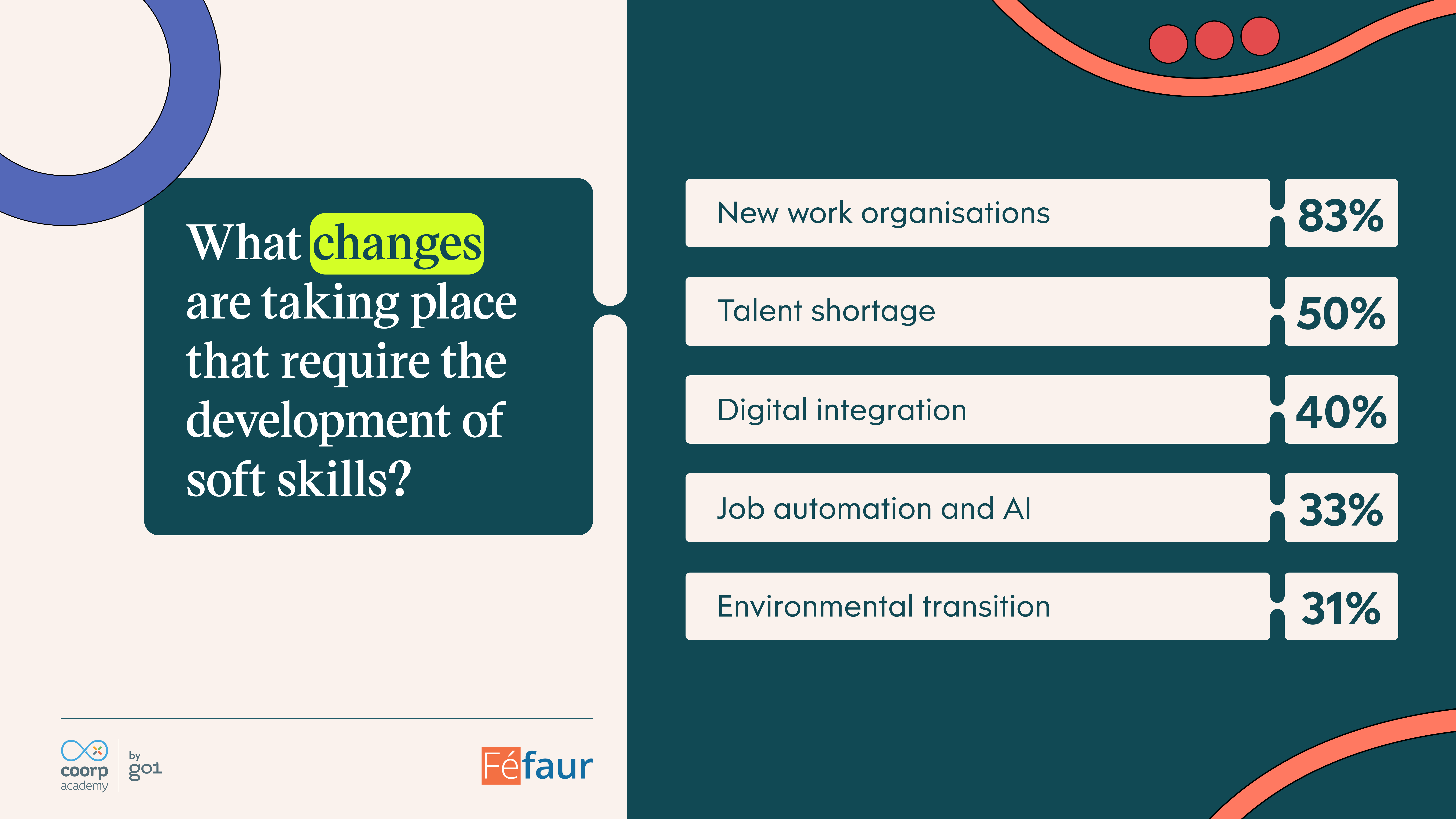5 questions to ask yourself when thinking about long-term talent management
Learning Innovation

In 1987, the average lifetime of a technical skill was 30 years. Today, it varies between 12 and 18 months (OECD). As the obsolescence of technical skills increases, the HR function must both meet short-term requirements and think about the future of the organisation. So how do you meet this challenge and ensure the company’s long-term performance, while at the same time ensuring short-term results?
There is a duality within the company. It thinks and acts in the short term, but its survival depends on its long-term strategy. However, there is no question of rushing into emergencies, because survival also depends on a company’s ability to adapt and respond to fluctuations in its environment. Following the pandemic, it is now a certainty: the long term must supplant the short term. And if past events are not enough to convince you of this, the coming climate crisis shows us the importance of building for the future now.
The company’s main asset is its human capital, which is an essential pillar of its overall strategy. Strategic decisions are made taking this resource into account, and skills management then becomes a tool for deploying the company’s strategy. So-called “soft” skills are increasingly sought after, although technical knowledge is still valued, developing employees’ “soft skills” enables the company to promote profiles that are strong in adaptation, resilience, creativity and agility. These behavioural skills are a real competitive advantage in a context where the skills required vary and the environments are changing.
The HR function must therefore be able to align its strategy with that of the company, while taking into account its own changes within its environment. The major transformations that companies are undergoing today are strategic issues both for a company’s HR strategy and for its global strategy. It is therefore necessary to think about strategies in a common way, to coordinate efforts and to gather employees around the same objectives.
But in the day-to-day life of an HRD, long-term thinking is often interrupted by short-term emergencies. Thus, HR teams are reactive in the face of day-to-day problems but at the same time deploy strategies that respond to more global objectives such as recruitment, employer branding and training policies, all of which help to ensure the company’s sustainability and good health.
Thus, when it comes to building the competence development plan, HR teams have to think in the long term. Not least because of changing environments and evolving skills, it is crucial to build a learning culture within the company, in order to foster the agility of the company and all its employees. This is an essential skill to ensure long-term success.
So, to ensure the long-term development of skills, here are 5 questions to ask yourself as a training manager:
- What skills will we need to follow our strategy in 5 years time?
- How will we enable our employees to develop these skills?
- Which skills will be obsolete in 2 years?
- What are the current skills?
- How and where can we develop the company’s untapped potential?
Faced with this reality, companies must constantly question the skills that make up the company. Identify those that will soon be obsolete, and those that will enable them to survive in an unstable environment. It is therefore crucial for companies to take into account the strategies put in place in the short term, in order to consider the consequences in the long term.


